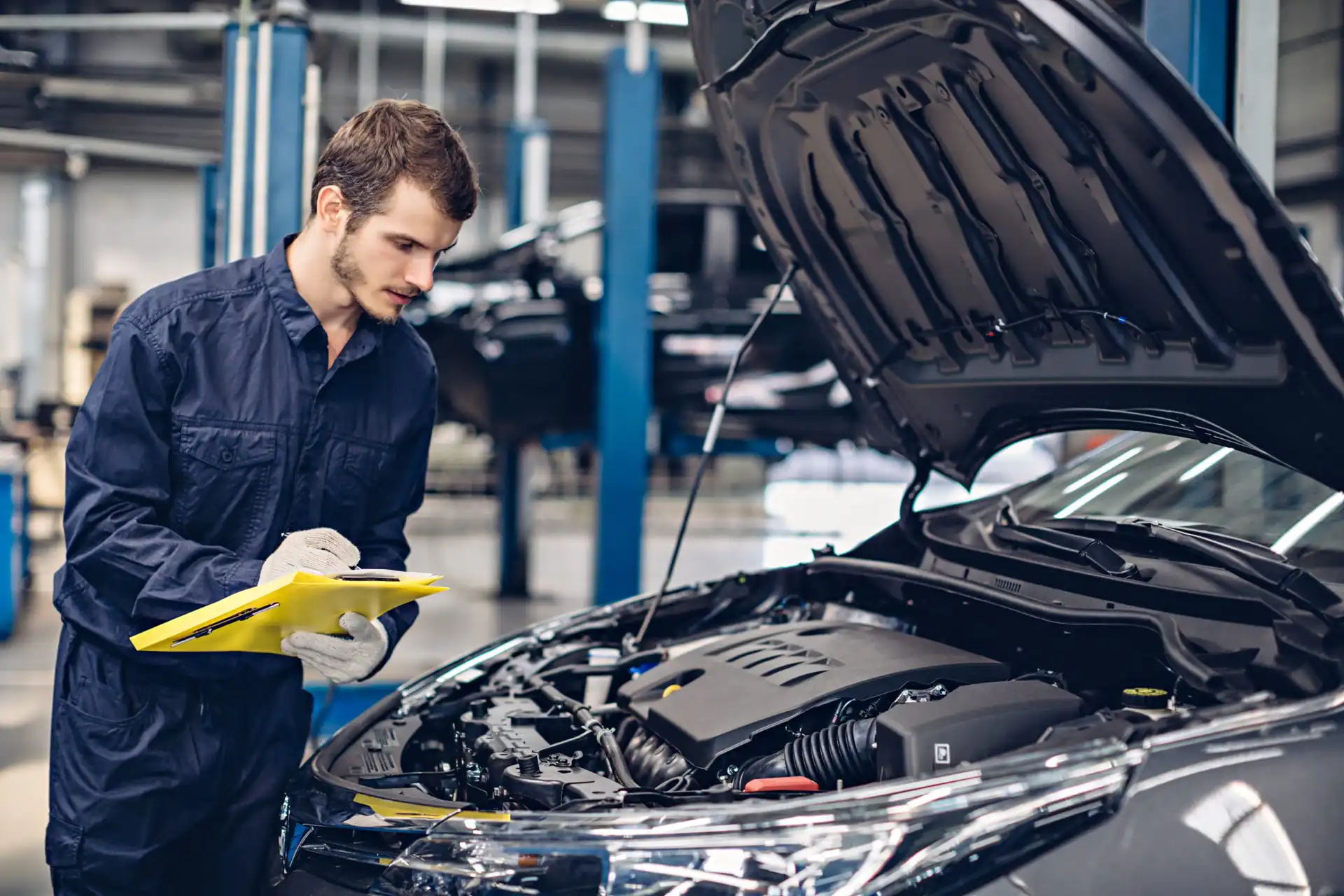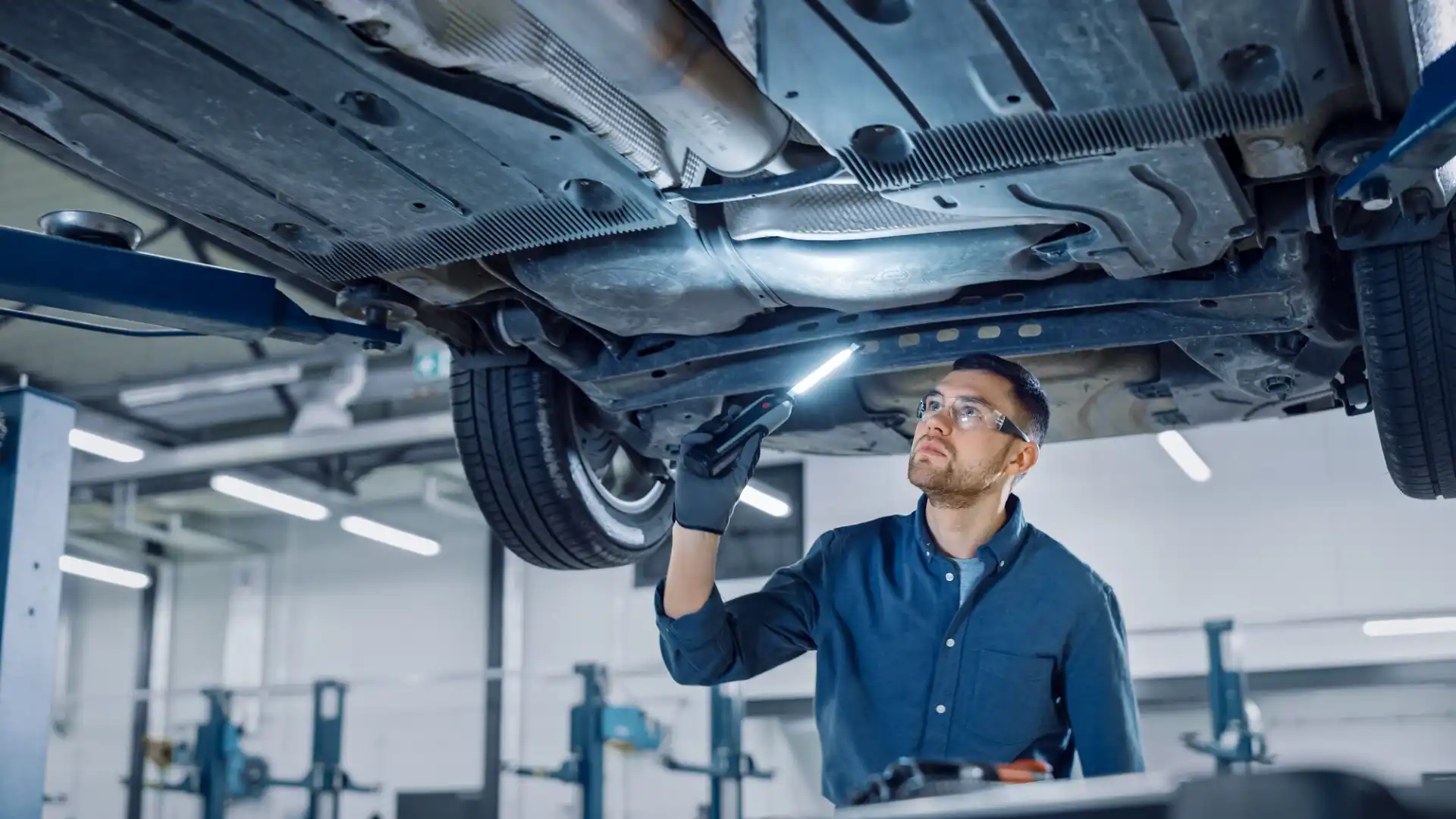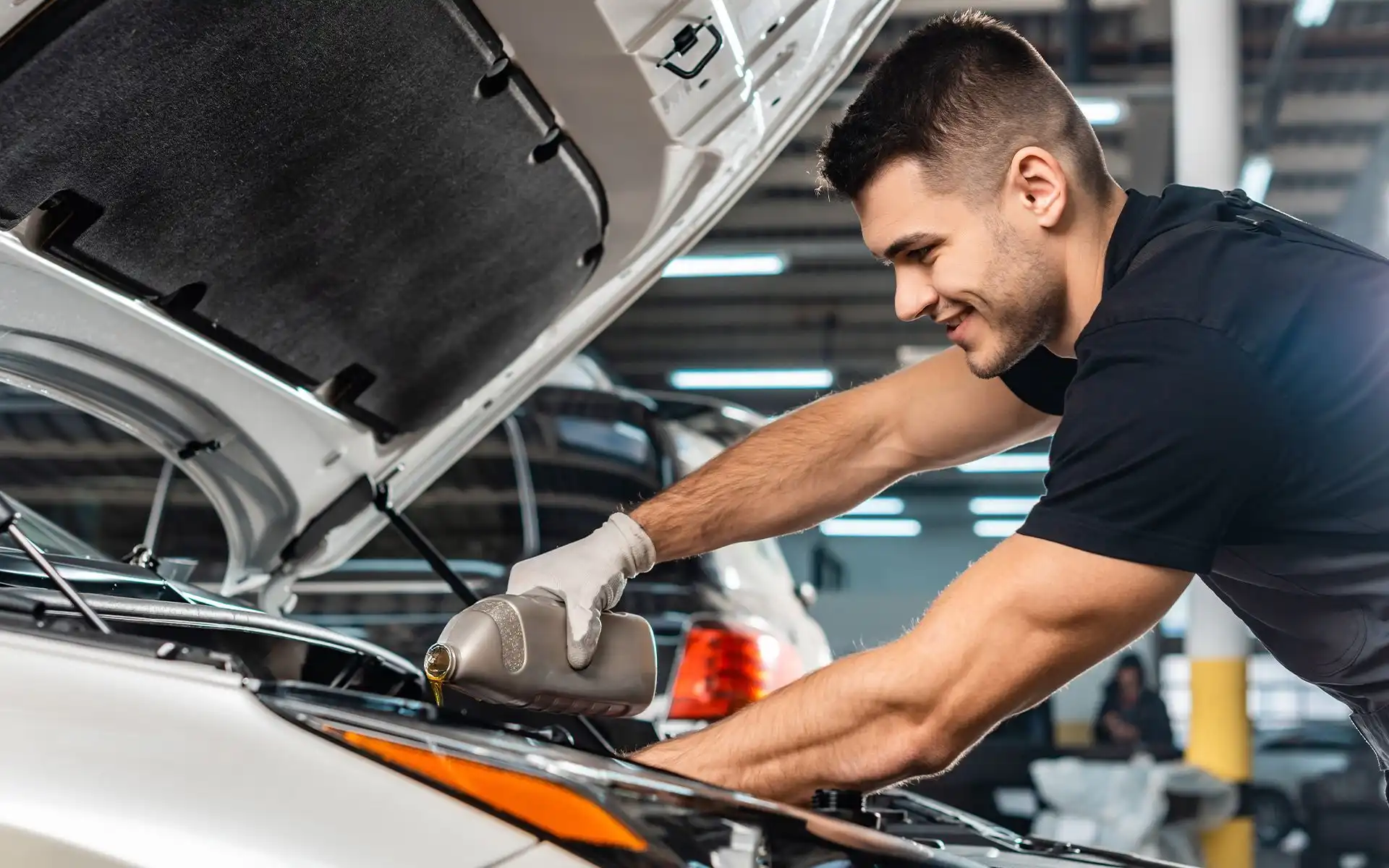Your car is more than just a mode of transportation; it’s an investment in your safety and convenience. However, like all machines, vehicles can experience wear and tear over time, and ignoring issues can lead to costly repairs down the road. Knowing the signs that your car needs immediate attention is crucial in preventing further damage and ensuring your safety on the road.
In this blog, we’ll walk you through some of the most common signs that indicate your car needs immediate repair. Recognizing these warning signs early can save you time, money, and unnecessary headaches.
1. Strange Noises Coming from the Engine or Brakes
One of the most obvious signs that something’s wrong with your car is when it starts making unusual sounds. Whether it’s a grinding, squealing, banging, or clunking noise, these sounds should never be ignored. Each type of noise can indicate a specific issue:
- Grinding or squealing when braking may point to worn-out brake pads, which can be dangerous and should be repaired immediately.
- Knocking or tapping sounds from the engine could indicate low oil levels, a misfiring cylinder, or more serious engine problems that need immediate attention.
Why this matters: Strange noises are often your car’s way of telling you that something is wrong. Ignoring these sounds can lead to more severe damage and costly repairs in the future.
2. Warning Lights on the Dashboard
Most modern vehicles are equipped with warning lights on the dashboard that notify you when something’s amiss. Common warning lights to look out for include:
- Check engine light: This could signal a variety of issues, ranging from a loose gas cap to a serious engine problem.
- Oil pressure light: Low oil pressure can cause major engine damage if not addressed quickly.
- Battery warning light: If this light comes on, it could indicate a problem with your vehicle’s charging system, such as a failing alternator or a weak battery.
Why this matters: Ignoring dashboard warning lights can lead to more serious problems. Addressing them immediately can prevent further damage and potentially dangerous situations.
3. Overheating Engine
If your car’s engine begins to overheat, it’s a sign that something is seriously wrong. You may notice the temperature gauge rising into the red zone, or your engine may start to emit smoke or steam from the hood.
Common causes of overheating include:
- A coolant leak
- A faulty radiator
- A broken water pump
- Low levels of coolant
Why this matters: Driving with an overheated engine can lead to significant engine damage. If your car is overheating, it’s important to pull over safely and call a mechanic for immediate assistance.
4. Poor or Unresponsive Brakes
If your car’s brakes feel spongy, unresponsive, or the pedal sinks to the floor, you should stop driving immediately. Poor brake performance could be a sign of:
- Brake fluid leaks
- Worn-out brake pads
- Damaged brake lines or rotors
Why this matters: Faulty brakes are a major safety concern. If your brakes aren’t performing as they should, driving becomes extremely risky and could lead to an accident.
5. Fluid Leaks Under the Car
Fluid leaks under your car are a clear indication that something needs repair. Different colored fluids can point to various issues:
- Red or pink fluid typically means a transmission fluid leak.
- Green or orange fluid could indicate a coolant leak.
- Brown or black fluid is often engine oil or brake fluid.
Why this matters: Leaking fluids can quickly lead to more serious issues, such as engine failure or transmission problems. If you notice puddles of fluid under your car, it’s best to have it inspected immediately.
6. Difficulty Starting the Car
If your car is struggling to start or taking longer than usual to turn over, it could be a sign of an issue with the battery, starter, or alternator. You may also notice dim headlights or electrical malfunctions, indicating problems with the electrical system.
Why this matters: Difficulty starting your car is often a precursor to more serious electrical or mechanical issues. Getting this fixed right away can help prevent getting stranded or having your car break down unexpectedly.
7. Vibrations or Shaking While Driving
If you feel vibrations or shaking while driving, particularly when accelerating or braking, it may indicate problems with:
- Tires (imbalanced, damaged, or under-inflated)
- Suspension system (worn-out shocks or struts)
- Axles or wheels (misalignment or damage)
Why this matters: Driving with vibrations can be dangerous and may lead to tire blowouts or more serious suspension or axle damage. If your car is shaking or vibrating, it’s important to have it inspected and repaired.
8. Unusual Smells Coming from the Car
Certain smells coming from your vehicle can be a warning sign of an underlying issue. For example:
- Burning rubber may indicate a slipping serpentine belt or overheating engine parts.
- Sweet-smelling coolant can indicate a coolant leak, which is a serious issue that needs immediate repair.
- Rotten egg smell often suggests a problem with the catalytic converter or fuel system.
Why this matters: Unusual smells are often a sign that something is overheating, leaking, or malfunctioning. These smells can be a warning to take immediate action before the issue worsens.
9. Unusual Steering Response
If you notice that your steering wheel is harder to turn or you hear unusual sounds when turning, it may indicate issues with the power steering system or suspension components.
Common causes of steering problems include:
- Low power steering fluid
- Worn-out steering pump or belt
- Damaged suspension parts
Why this matters: Difficulty steering can affect your ability to drive safely, increasing the risk of an accident. It’s important to address steering issues as soon as possible.
10. Car Stalls or Shuts Off While Driving
If your car stalls or shuts off unexpectedly while driving, it could be due to a variety of factors, such as a bad alternator, fuel pump failure, or ignition system problems. Stalling can be particularly dangerous if it happens in traffic or at high speeds.
Why this matters: A car that stalls unexpectedly can create dangerous situations on the road. If your car stalls frequently, it’s essential to have it inspected immediately to identify the cause.
Conclusion
Being aware of the signs that your car needs immediate repair is essential for keeping it running smoothly and ensuring your safety. If you notice any of the warning signs listed above, it’s important to take action as soon as possible. Ignoring car issues can lead to further damage, higher repair costs, and even dangerous driving conditions.
By paying attention to these signs and having your vehicle regularly maintained, you can prevent costly repairs and avoid breakdowns. If you’re unsure about any issues with your car, don’t hesitate to consult with a trusted mechanic to get your vehicle checked and repaired before the problem worsens. Taking care of your car today ensures a safer and smoother ride tomorrow.




